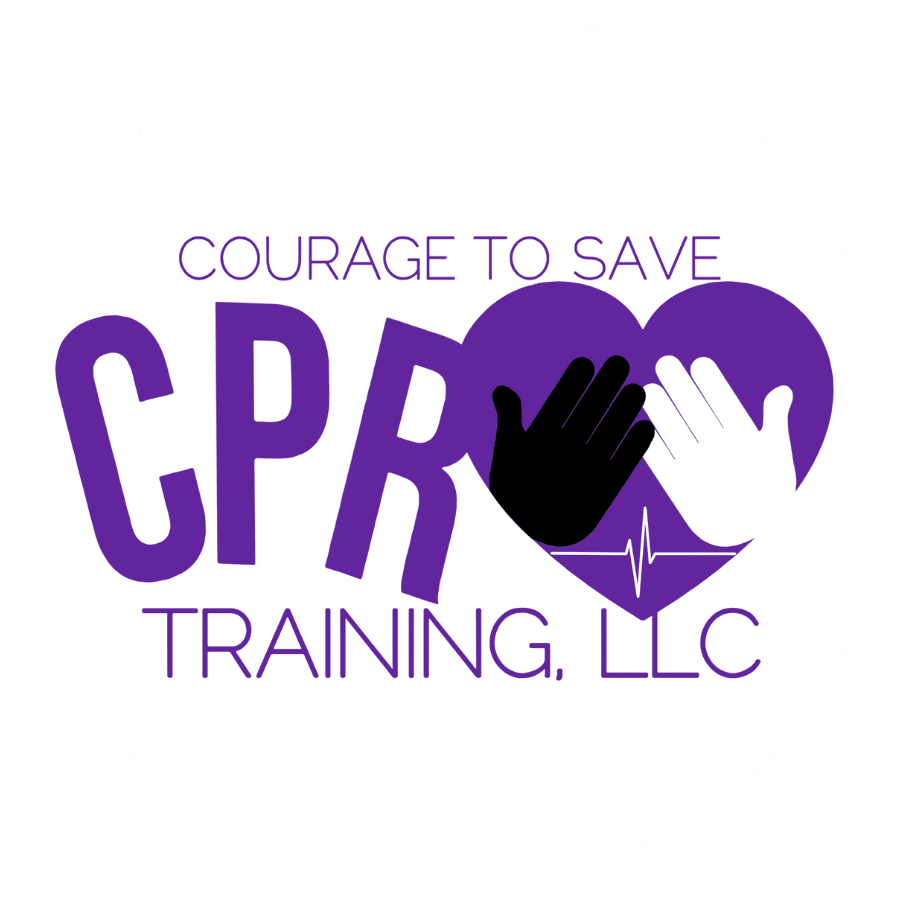Courage To Hold Yourself Accountable

We can define accountability as the state of being responsible for something and being judged by somebody else for whether you are meeting that responsibility. Let’s break those two parts down.
First, there is only accountability when there is an expectation or an obligation. Second, there needs to be a person or audience evaluating whether the accountable person has met their obligations and accordingly rewarding or punishing the accountable person.
Accountability has expanded from existing primarily in particular circumstances and relationships, to being something that we all possess toward a greater public good. In a democratic society, we may be held accountable for protecting the common good, just as public officials and governments are.
Why Is Accountability Important? Without accountability, there can be little meaningful relationship between people. This makes accountability vitally important in our daily lives. If buses didn’t arrive on schedule, cashiers didn’t give you the correct change, and loved ones didn’t tell you how they really felt about your newest partner, you would soon have a hard time trusting public transportation, your favorite fast food joint, or your friends and family.
But for our purposes, as people interested in wellbeing, accountability is also important because it promotes overall psychological health. People who embrace accountability experience less psychological distress and fewer mental health disorders, have better quality relationships, and experience greater self-actualization. Research across a broad range of fields shows that accountability helps us forge meaningful social connections; in fact, people who embrace accountability are often sought out by others for professional and personal relationships because they can be counted on to meet the expectations of those relationships.
What Is An Accountability Ladder? The accountability ladder is a helpful tool for assessing how accountable we are in a certain context. Often, people adopt a “victim” position by making excuses or placing responsibility elsewhere instead of taking accountability for their role. As one moves out of the victim mentality, one moves up the accountability ladder toward greater accountability.
Movement up and down the accountability ladder is important to consider because there are times when we quite naturally fear being accountable. In addition, there is a paradox to accountability: it is generally seen as a good thing to have, but we can respond in problematic ways to being asked to be accountable.
Creating An Accountability Plan. To create an accountability plan, you need just a few key ingredients:
1) A commitment or obligation. For example, you could commit to calling one friend or family member a day for a week.
2) A process and a person for assessing accountability. Enlist a friend to be the person you check in with about your phone calls. We would need to operationalize the accountability process: Do you send a daily text? Do you call the friend with an update at the end of the week?
3) Consequences for accountability. Perhaps if you achieve your goal, your friend treats you to ice cream, and if you don’t succeed, you commit to having a troubleshooting conversation with your friend about how to execute the plan better next time.
How To Be Accountable for Your Actions. Research suggests that the key to being accountable for your actions is to acknowledge reality exactly as it is. This means not engaging in denial about or trying to dispute the commitments you made and what you then did. It also involves critically examining your own thinking for points where you might be seeing yourself as a victim.
You can ask somebody you trust to help you review the facts of the situation. Based on what they are hearing, do they think you are acknowledging your responsibility in the situation? Are you resisting anything you need to accept? Once you know what you are accountable for, what can you do to resolve any responsibilities you haven’t fully met? What action can you take?
So What? As we hone our skills and sense of accountability, we become more attuned in our relationships, more able to repair ruptures and build deeper levels of trust and connection. This is by no means a simple or easy process, it takes a lot of time, reflection, and support. So we encourage you to engage in reflection and seek counsel as you contemplate what accountability looks like in your life. You might be pleasantly surprised by how supportive your close friends and family are of your process. You might even inspire them to consider their own relationships with accountability. Accountability is a courageous act of responsibility. Be Courageous!
If you desire researched references for accountability or are looking for training in this area, please contact us at [email protected] or (985) 247-8650. Remember, It Takes Courage To Save A Life, Including Your Own!
Get in Touch
We're Here to Help!
Whether you have inquiries about our training programs or want to learn more about how we can support your safety needs, we're just a message away. Reach out to us today, and let's start a conversation about how Courage To Save CPR Training, LLC can empower you to save lives confidently.
